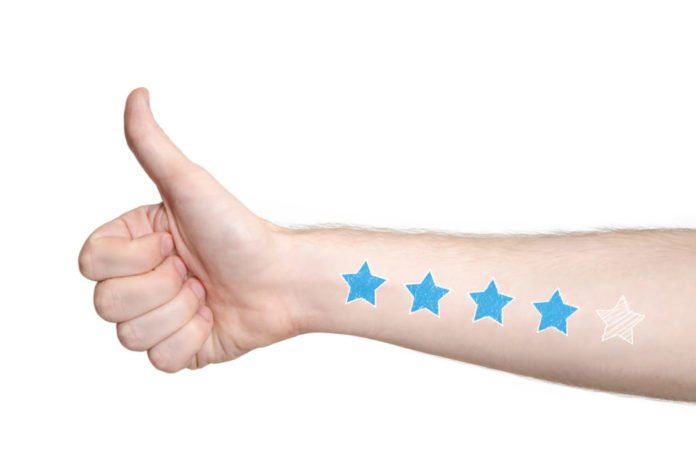The sharing economy is now transforming many industries and challenging much traditional business. It has to benefit various people who want to make more money.
In a new study by Stanford scientists, where they analyzed Airbnb users, the data suggests measures that upgrade a client’s notoriety can offset harmful social bias.
The sharing economy has allowed everyday citizens to turn into entrepreneurs. Even its transactions are distinctive than other e-commerce dealings. For example, when you purchase a pair of shoes online there’s rarely, if ever, a human element to the transaction.
Bruno Abrahao, a visiting assistant professor at Stanford said, “When you reserve an apartment on Airbnb, there’s a personal feel. You’re staying at someone’s home. Because of that element, you become attentive to the personal characteristics (ex. gender, age, etc.) of the home’s owner or the guest. That attentiveness to details peripheral to the transaction can lead to bias.”
During study, scientists mainly focus on a certain type of bias called homophony. They also focused on a tendency that develops trustful relationships with people similar to themselves, and how best to counteract it.
Scientists involved almost 9,000 Airbnb users for their experiment. They then conducted an online platform external to Airbnb’s where they showed mock profiles of other Airbnb users.
First of all, they classified participants in two groups. Group 1 included profiles with some statistic likenesses to the investigation member. On the other side, Group 2 involves profiles with totally extraordinary qualities from the member, however with better notorieties.
Participants need to play a behavioral game to discover social bias. For this, they had to invest credits in the various profiles. A number of credits a person invested in each profile served as a measure of trust.
Group 1 participants invested incredibly in the comparative profiles. The more similar the profile, the more the participant trusted them.
Scientists identified the shift in group 2. Participants invested significantly more in users whose characteristics were completely different than their own. Those profiles’ notoriety instruments checked individuals’ inclination for favoring clients like themselves.
Scientists then analyzed 1 million actual interactions between hosts and guests on the Airbnb platform. They found that hosts with better reputations were attracting more demographically diverse guests.
Means, the reputation systems used by Airbnb and other sites on the sharing economy platform may allow users to boost trust to those who exhibited a high degree of dissimilarity in the social space.
That means, offsetting this harmful social bias can also beneficial for minimized hosts.
Abrahao said, “The fundamental question we wanted to answer is whether technology can be used to influence people’s perception of trust. These platforms can engineer tools that have great influence in how people perceive each other and can make markets fairer, especially to users from underrepresented minorities.”
